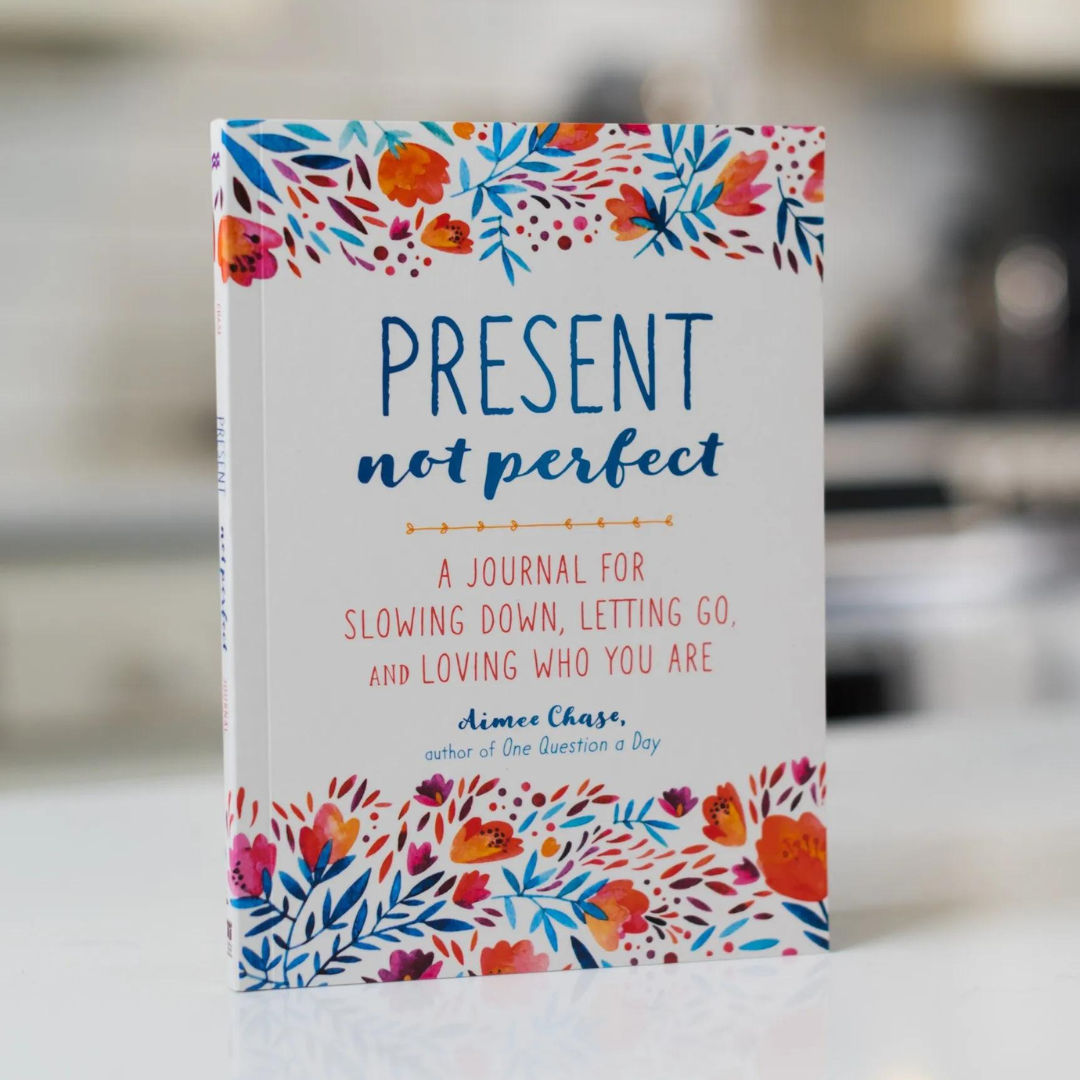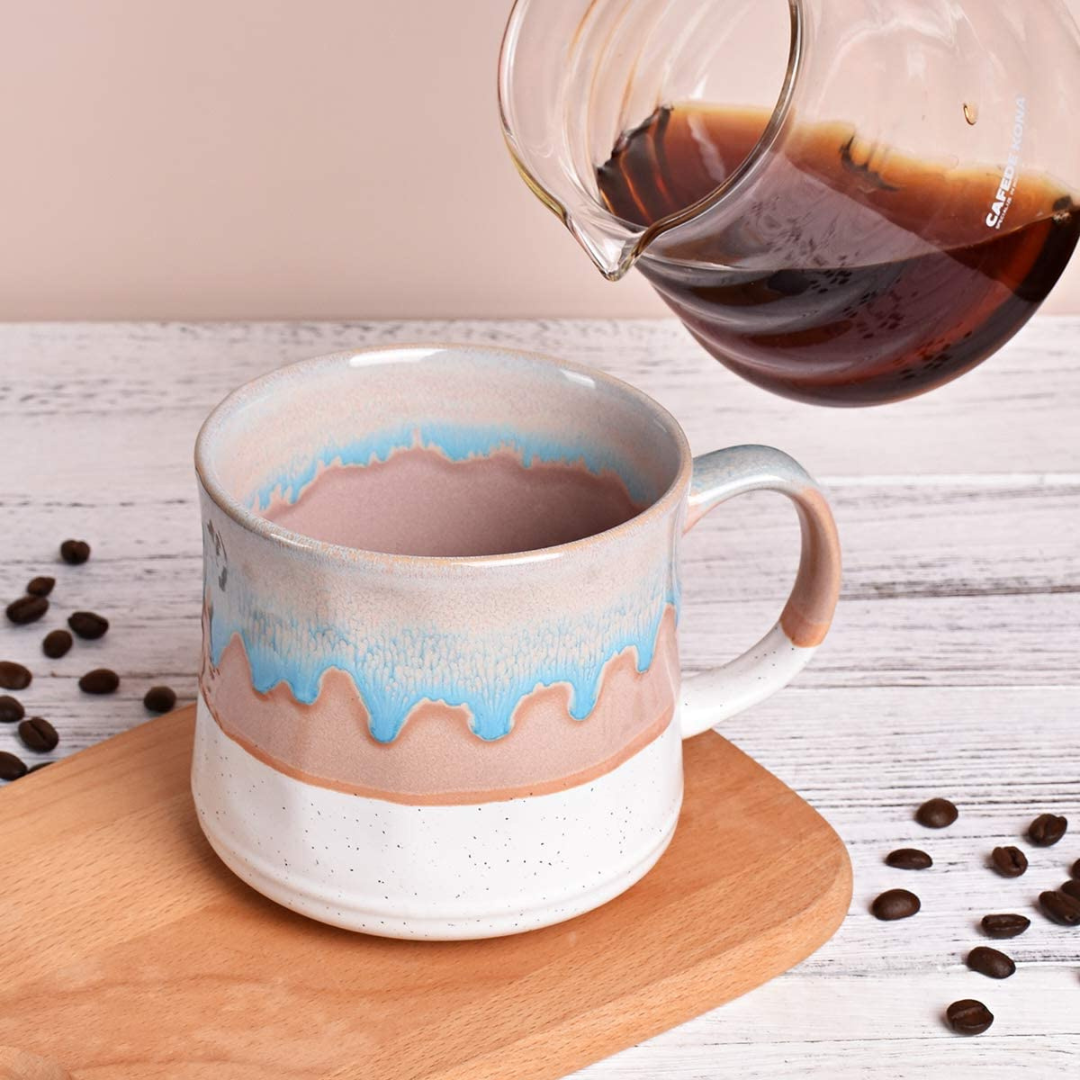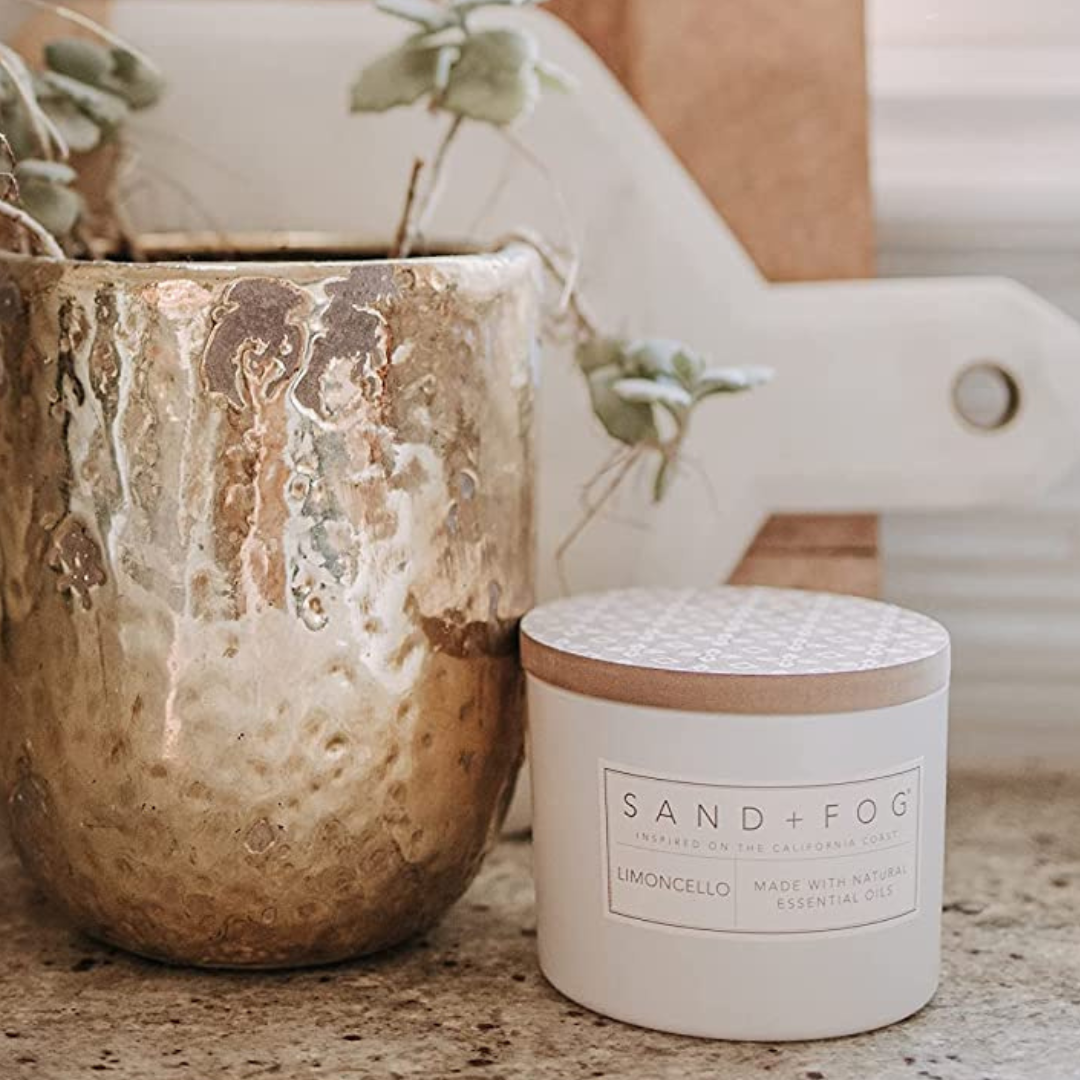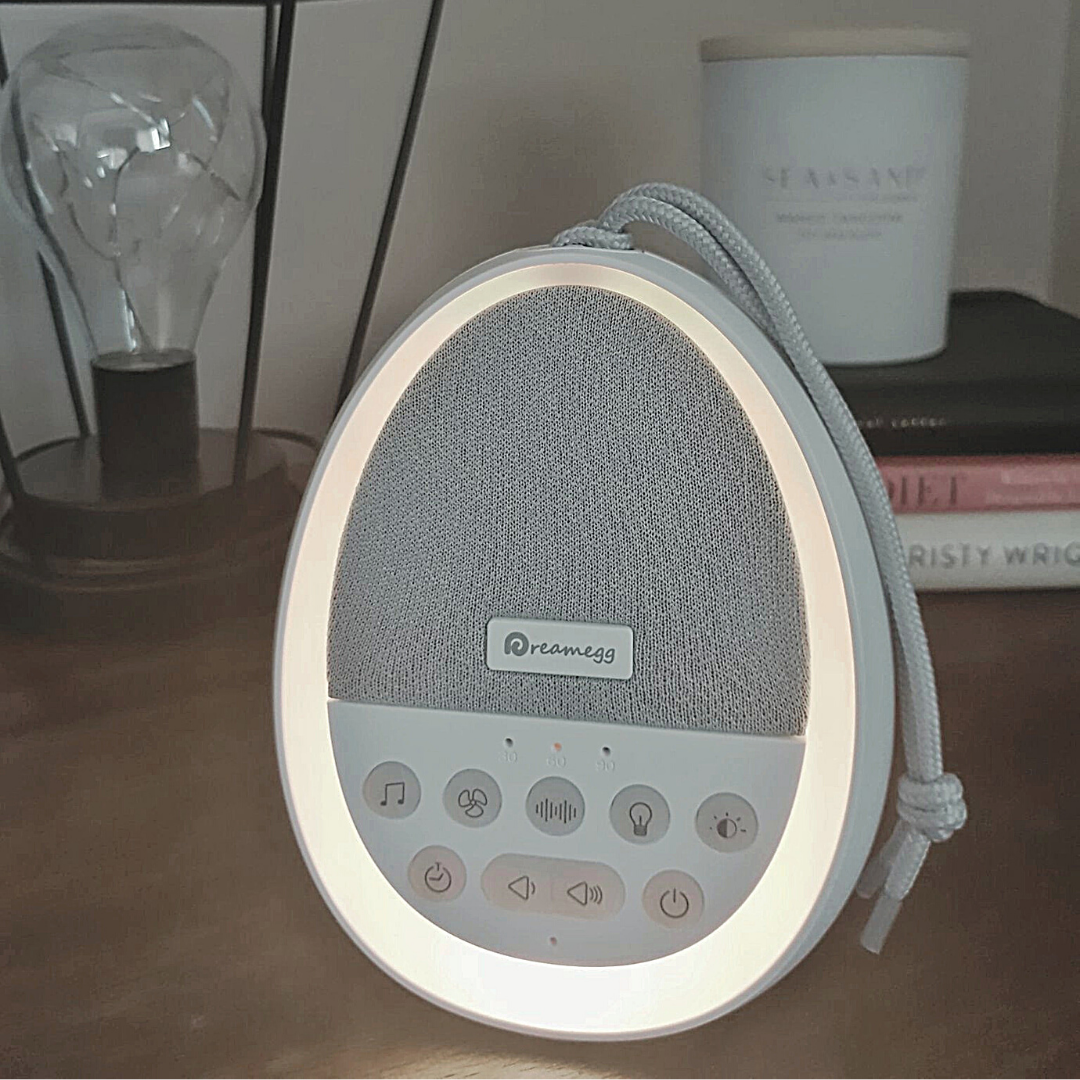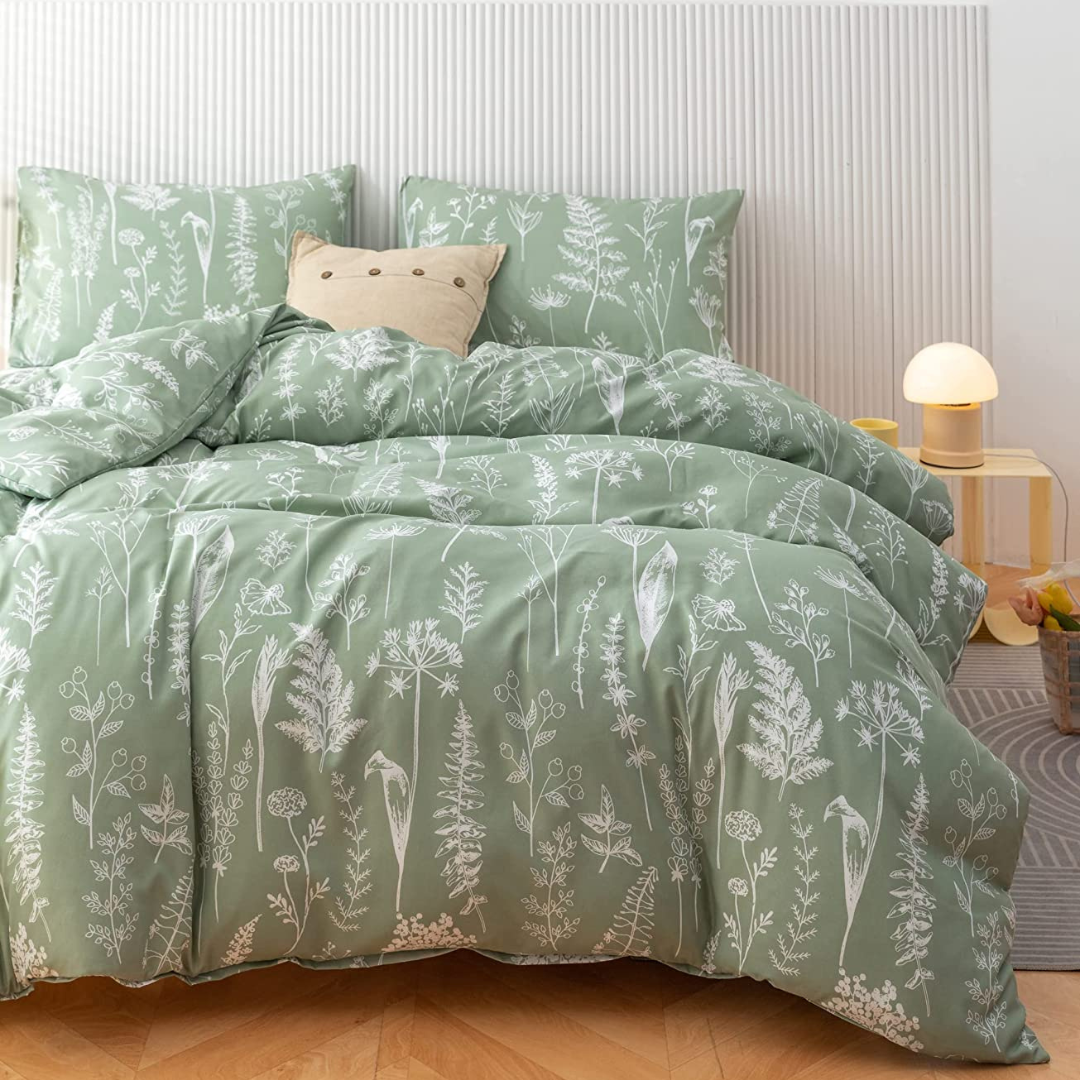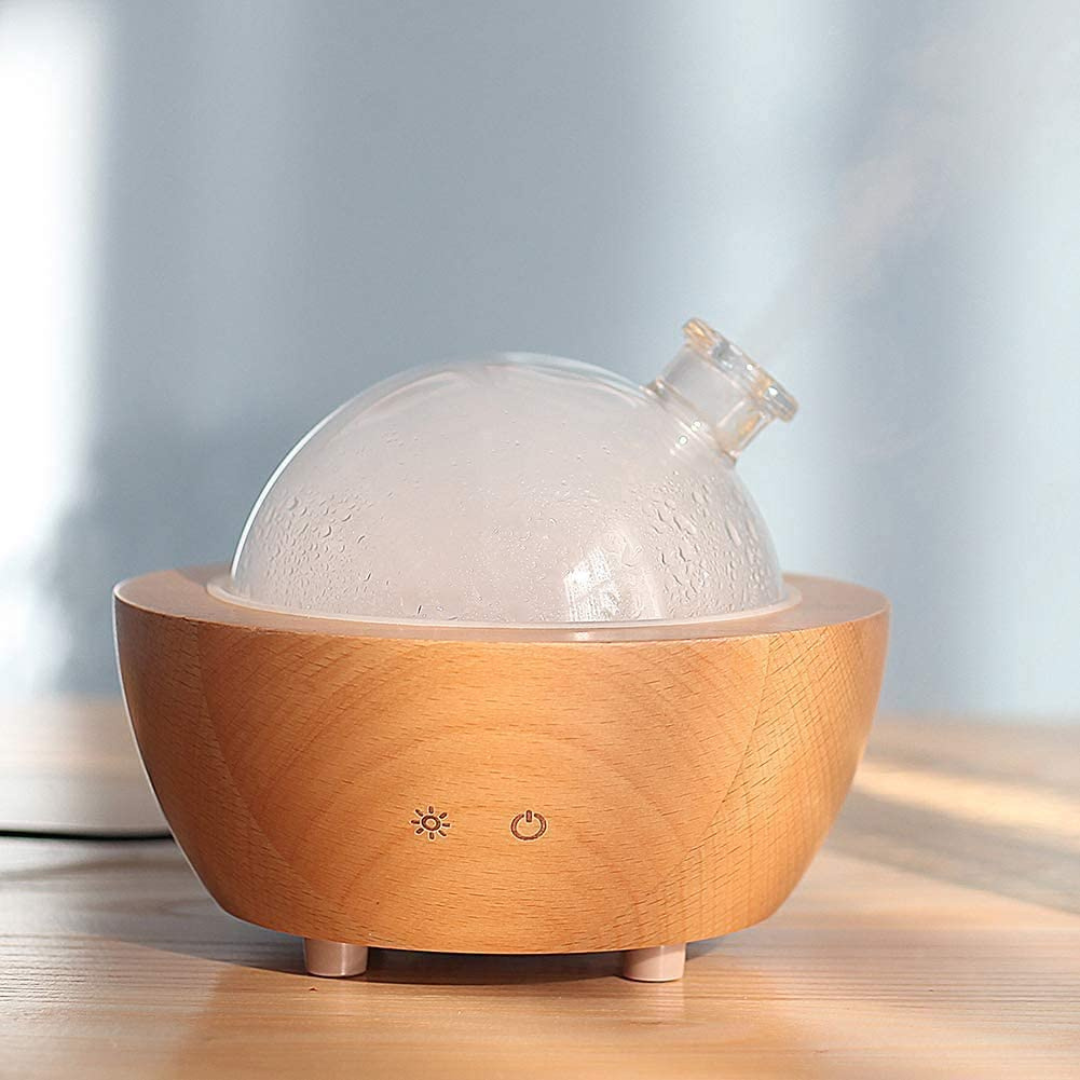|
|In America, anxiety disorders (AD) and substance use disorders (SUD) co-occur at such great rates that they cannot be left unaddressed.
For example, 20 percent of individuals diagnosed with AD also have a problem with substance abuse, according to The Anxiety and Depression Association of America.
Thus, if you or someone you know is suffering from AD, there is a chance of developing SUD as well.
So, it is essential to know the connection between the disorders and the pitfall that traps individuals within the vicious cycle. This post will cover both disorders and explain how AD and SUD can co-exist and the most effective treatment option. Please note: This guest article does not contain healthcare or therapeutic advice. If you are concerned about your health or well-being, speak with a health professional or visit your nearest medical facility in an emergency. The links in this article may be affiliate links that I will be compensated for at no additional cost to you.
What is An Anxiety Disorder?
Anxiety is an emotion like any other, and it's your brain's method of reacting to stress and alerting you of potential danger. Everyone feels anxious sometimes. For example, if you fear flying, you may get nervous about it. But if you must travel for work, you can get on a plane without much trouble. In short, occasional anxiety is FINE. But anxiety disorders are different, and it is a group of mental illnesses that cause constant and overwhelming anxiety and fear. For example, suppose you fear flying and may not be able to go to the airport (even in case your job is on the line). In that case, you might be suffering from AD. Individuals with AD often avoid social situations that might trigger or worsen their anxiety.
What is Substance Abuse? Everybody loves to "let go" once in a while, but when it turns into a coping mechanism, you have a problem at hand. Substance abuse is the harmful use of any substance to alter the mood. "Substances" can include alcohol and other drugs (illegal or not). "Abuse" can result from using a substance in ways that are not intended or recommended or from using more than prescribed. For example, if an individual drinks more than four drinks on any day with the hope of coping with their problems, they are abusing this particular substance. Substance Abuse & Anxiety Disorder: The Relationship Many research studies have found that anxiety and substance use disorders tend to feed off each other. Two main theories explain the relationship between the two disorders –
Among these two theories, SM is prevalent. A study published in the American Journal of Psychiatry found that in at least 75% of cases. This demonstrates that the self-medication pathway is more common than the other mechanism. So, let's dive into the self-medication theory and find out why you should stay clear of the idea of "drinking or smoking your anxiety away."
Self-Medication: A Prevalent Pathway Connecting Anxiety Disorder & Substance Abuse The self-medication pathway goes something like this – Individuals with anxiety disorder look for ways to avoid or lessen their symptoms. They find consuming a substance (say alcohol) a great way to do so. At first, the alcohol calms their nerves, and the individual starts to use it whenever they feel the pangs of anxiety making their way back. Over time, their brain's receptors adapt to the presence of alcohol and become dependent on the substance. Slowly, tolerance builds up, and the individual ends up having to increase the quantity of alcohol to relieve their symptoms. As alcohol intake increases, self‐medication develops into an independent substance use disorder leading to the co-occurrence of AD and substance abuse. The prolonged substance abuse damages the brain and body mechanisms that soothe anxiety symptoms. As a result, anxiety increases over time. Treatment Options Anxiety disorder is treatable with a combination of therapy and behavioral modification strategies. For instance, Psychotherapy or Talk Therapy is an effective treatment option that can help you understand how your emotions influence your actions. Cognitive Behavioral Therapy (CBT) is one of the most effective types of psychotherapy (CBT). CBT assists in discovering and altering destructive thought patterns that cause anxiety and fear. Let's say you have AD and SUD. In that case, you can use CBT to learn new coping mechanisms that will enable you to uphold your recovery goals even while facing high-stress situations. CBT can be applied in individual therapy as well as in group therapy settings. -- About the Author: Dr. Joann Mundin is a board-certified psychiatrist who has been in practice since 2003. She is a Diplomate with the American Board of Psychiatry and Neurology and a Fellow with the Royal College of Physicians and Surgeons of Canada. Currently associated with Mindful Values, she provides assessments and treatment for patients with severe mental illness. Related: Top 10 Ways To Manage Stress In Sobriety
The links on this page may be embedded with affiliate links that I am compensated for at no additional cost to you.
0 Comments
Your comment will be posted after it is approved.
Leave a Reply. |
Welcome to the blog!↓ That's me, Heather. :)
MENTAL HEALTH RESOURCE VAULTGreat!Check your email for instructions on how to access the Mental Health Resource Vault. Categories
All
Popular Posts// 25 Positive Mindset Quotes
// Self-Care Bullet Journal Spreads // 7 Ways Your Physical Health is Connected to Your Mental Health |
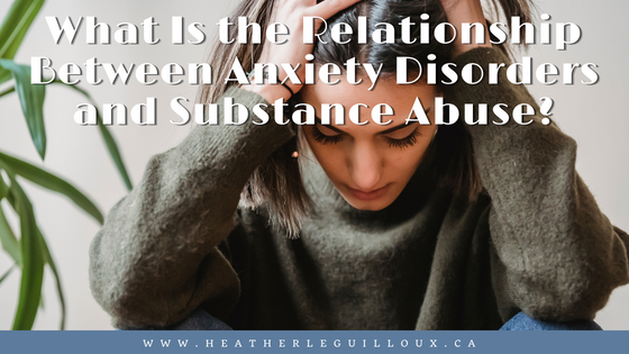
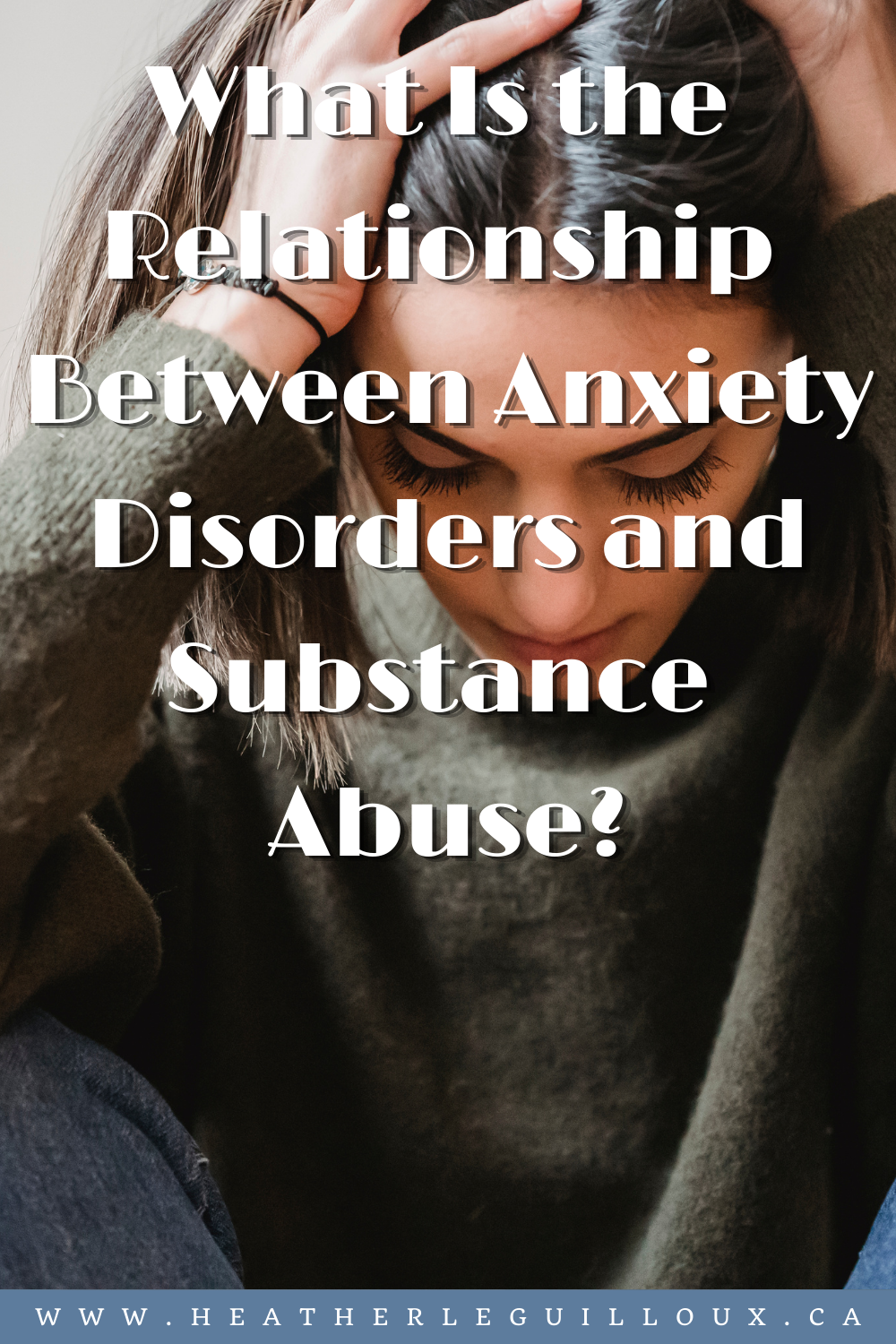
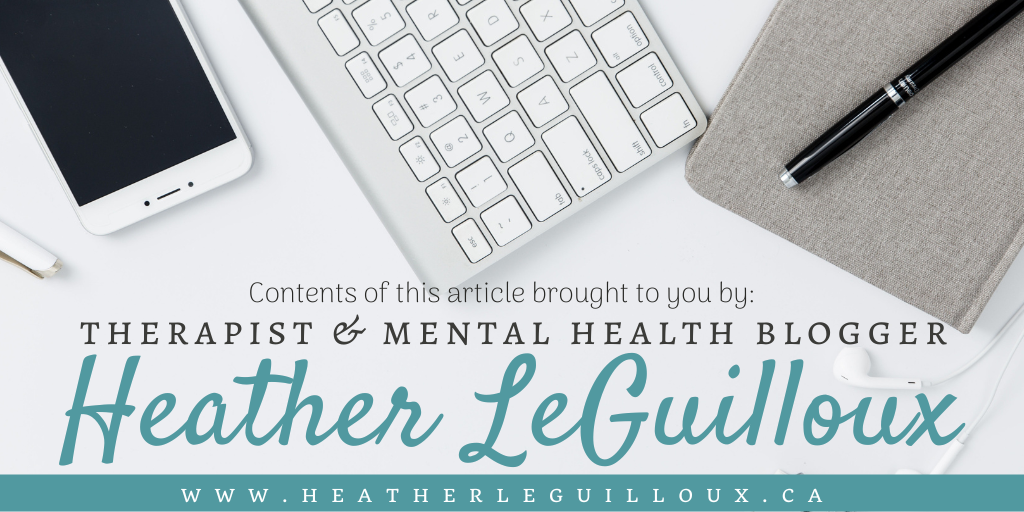

 RSS Feed
RSS Feed




